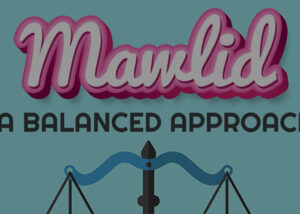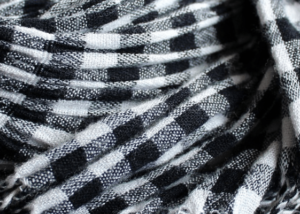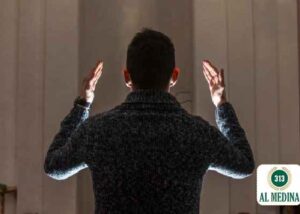Quran
Hadith
Islamic Text
Yes, there is a Sunnah Dua for debts narrated in Sahih Muslim.
اللهُمَّ رَبَّ السَّمَاوَاتِ وَرَبَّ الْأَرْضِ وَرَبَّ الْعَرْشِ الْعَظِيمِ، رَبَّنَا وَرَبَّ كُلِّ شَيْءٍ، فَالِقَ الْحَبِّ وَالنَّوَى، وَمُنْزِلَ التَّوْرَاةِ وَالْإِنْجِيلِ وَالْفُرْقَانِ، أَعُوذُ بِكَ مِنْ شَرِّ كُلِّ شَيْءٍ أَنْتَ آخِذٌ بِنَاصِيَتِهِ، اللهُمَّ أَنْتَ الْأَوَّلُ فَلَيْسَ قَبْلَكَ شَيْءٌ، وَأَنْتَ الْآخِرُ فَلَيْسَ بَعْدَكَ شَيْءٌ، وَأَنْتَ الظَّاهِرُ فَلَيْسَ فَوْقَكَ شَيْءٌ، وَأَنْتَ الْبَاطِنُ فَلَيْسَ دُونَكَ شَيْءٌ، اقْضِ عَنَّا الدَّيْنَ، وَأَغْنِنَا مِنَ الْفَقْرِ
O Allah, Lord of the Heavens, Lord of the Earth, Lord of the Magnificent Throne. Our Lord, and the Lord of everything. the Splitter of the seed and the datestone. Revealer of the Torah, Gospel (Bible) and Criterion (the Holy Qur’an). I seek refuge in you from the evil of everything you have seized by the forelock. O Allah, you are the First, there is nothing before you, and you are the Last, there is nothing after you. You are the Evident, there is nothing above you. You are the Hidden, there is nothing beyond you. Remove the burden of debt from us and relieve our poverty. (Sahih Muslim 2713 – 61).
The above Dua (supplication) was narrated by Sayidina Abu Hurairah (May Allah Most High be pleased with him) from the Holy Prophet ﷺ.
There is no doubt with regards to the authenticity of this Hadith narration, since every Musnad Hadith in Bukhari and Muslim is Sahih.
أَبَا الْمَعَالِي عبد الْملك بن عبد الله بن يُوسُف الْجُوَيْنِيّ بنيسابور يَقُول لَو حلف إِنْسَان بِطَلَاق امْرَأَته أَن مَا فِي كتابي البُخَارِيّ وَمُسلم مِمَّا حكما بِصِحَّتِهِ من قَول النَّبِي صلى الله عَلَيْهِ وَسلم لما ألزمته الطَّلَاق وَلَا حنثته لإِجْمَاع عُلَمَاء الْمُسلمين على صحتهما. (صيانة صحيح مسلم)
Abu al-Ma’aali al-Juwayni said, if a man took an oath to divorce his wife based on the fact that everything Bukhari and Muslim said is Sahih in their books regarding the words of the Prophet ﷺ, then divorce is not binding upon him. Nor has he broken his oath, due to the consensus of Muslim scholars that they (the Hadith narrations) are Sahih. (Imam Ibn Salah, Siyanatu Sahih Muslim).
And Allah Most High Knows Best.
-Answered by Shaykh Noorud-deen Rashid (06.09.2022)
See also:
Are all Hadith in Bukhari and Muslim Sahih?
See also video:






